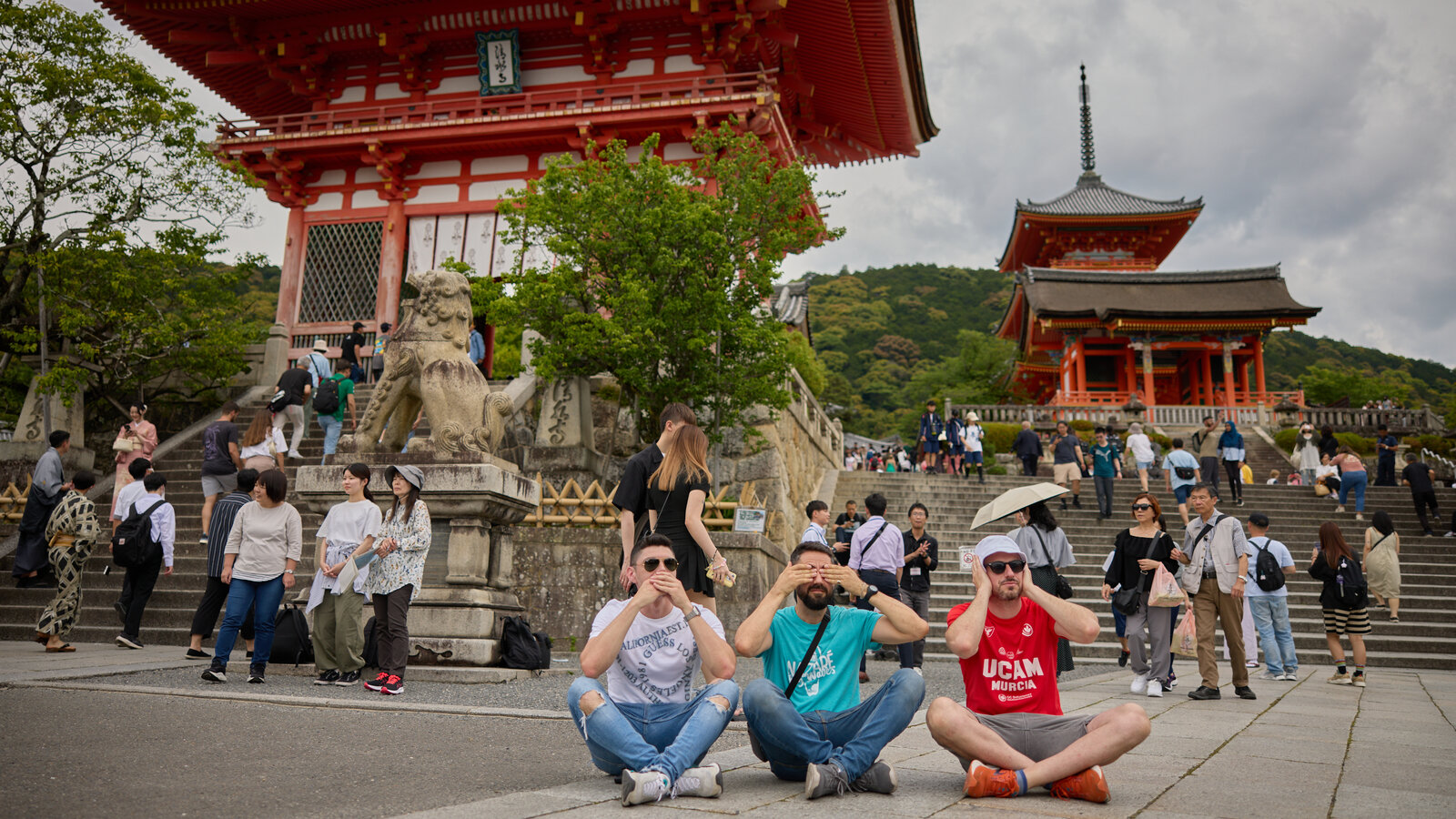Under a cloudless Mediterranean sky, a small fleet of civilian vessels is charting a course toward one of the most politically sensitive coastlines in the world. At the helm — figuratively if not literally — is Swedish climate activist Greta Thunberg, making her second humanitarian voyage to deliver aid to Gaza.
The mission, named the Global Sumud Flotilla, borrows its title from the Arabic word sumud, meaning steadfastness. Organizers say the name reflects both the resilience of Gaza’s population and the determination of an international coalition of activists, NGOs, and maritime volunteers to challenge the blockade that has defined life in the enclave for over a decade and a half.
A Humanitarian Mission with Political Weight
This is no ordinary aid delivery. The flotilla, carrying medical supplies, water purification systems, and solar-powered energy units, is both a humanitarian intervention and a political statement. By sailing directly toward Gaza, rather than using land-based crossings controlled by Israel and Egypt, the mission seeks to make a point about the perceived illegality and humanitarian cost of the maritime blockade.
Thunberg’s presence has turned what might have been a niche activist operation into a global headline. Known for her uncompromising climate activism, she now frames the Gaza voyage as part of a broader struggle for justice. “Environmental justice, human rights, and peace are interconnected,” she said before departure. “If we ignore one, we undermine all.”
High Risks on Open Waters
The flotilla is acutely aware of the dangers. Past attempts to breach the blockade — notably the 2010 Mavi Marmara incident — have ended in violence, with deadly confrontations at sea. Organizers have sought to reduce risks by maintaining a purely civilian crew, inviting international media on board, and making their course public in real time to deter sudden military engagement.
Still, Israeli officials have warned that the blockade will be enforced. A statement from the Israeli Defense Forces (IDF) reiterated that “unauthorized vessels attempting to enter the maritime security zone will be intercepted and redirected.”
International maritime law complicates matters. While the flotilla’s supporters argue that humanitarian law allows for the delivery of essential goods to civilian populations, Israel insists the blockade is a lawful security measure against arms smuggling.
A Broader Civil Society Movement
The Global Sumud Flotilla is part of a long tradition of activist-led maritime challenges to blockades. What sets it apart is the breadth of its coalition. Alongside veteran peace activists from Europe and North America, the flotilla includes representatives from African climate justice movements, Asian humanitarian networks, and Middle Eastern human rights groups.
The mission’s multi-issue platform — combining calls for Palestinian rights, climate resilience in conflict zones, and sustainable energy solutions — has resonated with younger activists, particularly those engaged in transnational social movements.
Critics and Supporters
Supporters hail the voyage as a brave act of solidarity, using nonviolent means to highlight the plight of Gaza’s 2.3 million residents. Humanitarian organizations have emphasized the symbolism of delivering solar-powered desalination units, noting that Gaza suffers from chronic water shortages and an electricity crisis.
Critics, however, accuse Thunberg and her partners of politicizing humanitarian aid. Some Israeli analysts dismiss the voyage as a publicity stunt that could inflame tensions without meaningfully improving conditions in Gaza. Others point to the logistical limitations — the flotilla’s cargo is small compared to Gaza’s vast needs, and any delivery is unlikely to alter the broader humanitarian picture without systemic political change.
The Global Stage
Diplomatic responses have been cautious. European governments have avoided direct endorsement, wary of straining relations with Israel. The United Nations has called for “respect for humanitarian principles” while reiterating its support for negotiated solutions to the Gaza crisis.
Meanwhile, social media has amplified the flotilla’s journey in real time. Hashtags like #SumudFlotilla and #SailForGaza have trended globally, drawing solidarity messages from activists in over 30 countries. Live video streams from the ships have attracted hundreds of thousands of viewers, turning the voyage into a kind of floating protest stage.
An Uncertain Arrival
Whether the flotilla reaches Gaza or is intercepted, its organizers argue that the mission will have succeeded in drawing renewed global attention to the blockade and its humanitarian consequences. “Every mile we sail is a reminder that the world is watching,” one volunteer medic said from the deck.
In the end, the Global Sumud Flotilla is as much about narrative as it is about cargo. It tests the limits of civil society’s ability to intervene in geopolitics, using the language of humanitarian aid to challenge the machinery of state power. And in a world where headlines fade fast, it is betting that a convoy of small boats, propelled by determination, can still capture the world’s gaze — and perhaps, its conscience.




Leave a Reply